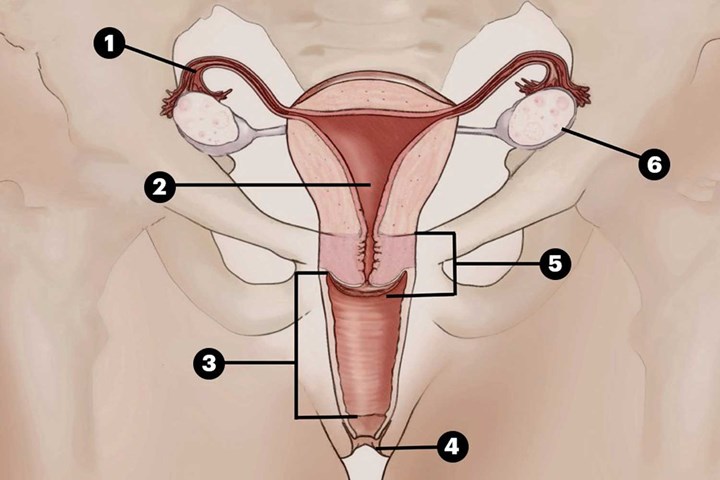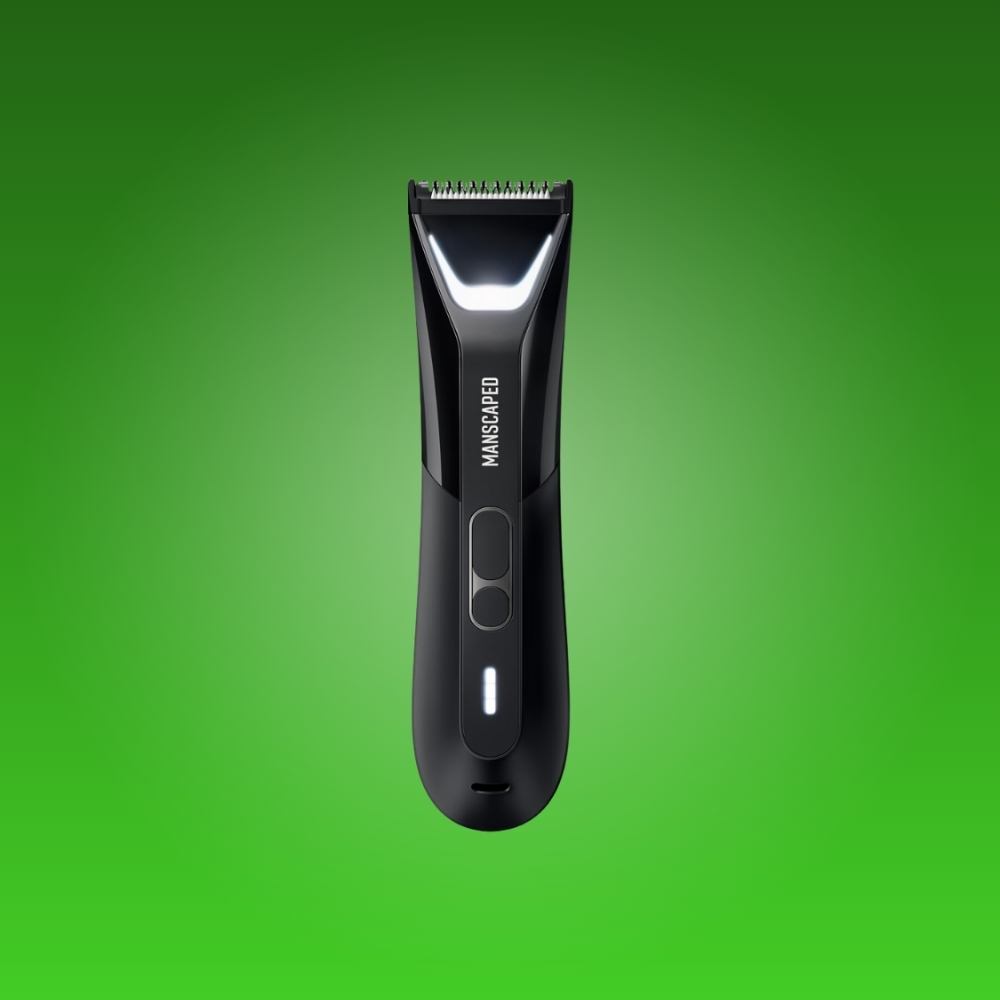
You know your way around a woman’s body, right? Put it to the test: How many of the female body parts can you identify in the diagram of the woman’s reproductive system below? (Answers listed at the bottom.)
The diagram comes from Eve Appeal, a U.K. based organisation that raises awareness and funding for the five gynecological cancers affecting women: uterus, ovarian, cervical, vaginal, and vulva. When Eve Appeal quizzed 2,000 adults on their knowledge of a woman’s body, they found some pretty alarming gaps out there.
RELATED: 16 New Ways To Touch Her Vagina
In their survey, 50 percent of guys weren’t able to correctly identify the vagina in that diagram. Plus, 61 percent weren’t able to pick out the vulva, either.
Refresher: The vulva refers to her external genitals—think the labia, clitoris, and vaginal opening—while her vagina is internal. It’s the tube that connects her vulva with her cervix and uterus.
The survey also found that 17 percent of guys say they know nothing about gynecological health issues, and feel like they don’t need to, since it’s a “female issue.” So it’s not terribly surprising that over half of men say they don’t feel comfortable discussing gynecological health with their partner, with 21 percent of men 18 to 44 saying that it’s “too embarrassing” to do so.
RELATED: Does A Woman’s Vagina Become Looser The More Sex They Have?
Big problem: “[Men] can play a vital role in identifying the symptoms of gynecological cancer, prompting their partners to visit the GP. Early diagnosis really is key and can save lives,” Eve Appeal’s chief executive Athena Lamnisos said in the release.
So, yes, knowing your way around a woman’s body can help you out in the bedroom, but paying attention to what’s going on there can be a literal lifesaver, too. And don’t shy away from talking about it—building an open line of communication can not only strengthen your relationship, but also help you both ID health problems in their early stages, which can help prompt toward quicker care.
This article originally appeared on Men’s Health















